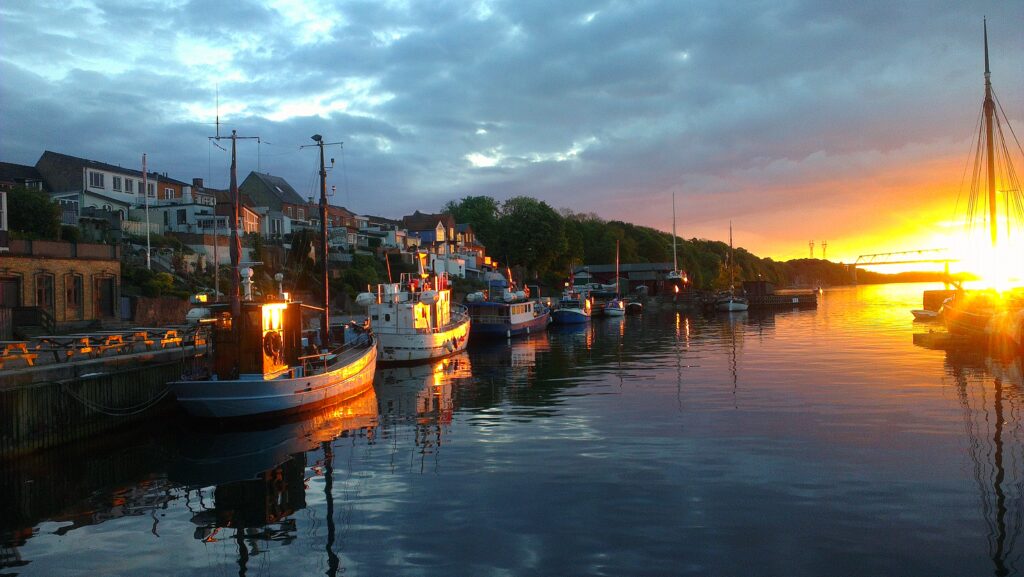Europe has traditionally been the world’s leading tourism destination, thus benefiting from the income, jobs and greater international understanding that it brings. Not only has modern tourism become an inseparable feature of our lives and a major economic activity, but it also plays an important role in bringing peoples, countries and regions closer together, significantly contributing to the European unification and integration processes.
Nonetheless, the spread of mass tourism poses serious risks to the environment, the local communities and the cultural heritage of the most attractive destinations all over the continent. With an ever-growing interest in environmentally conscious lifestyle, the emphasis in tourism policies at the European level has been growing, and the current approach to sustainable tourism now includes preventive planning, rehabilitation of sites and diversification of offers. Overall, the EU institutions have been supporting and promoting balanced and sustainable tourism development policies aimed at ensuring the conservation of sites and monuments, encouraging cooperation among regions, and creating public-private partnerships for quality tourism.
But despite some successes, much remains to be done to make all the players in the tourism industry embrace the principles of sustainable development. The relationship between tourism and environment is a very delicate matter: the global challenges deriving from climate change require the tourism industry to reduce its contribution to greenhouse gas emissions more and more, and the destinations to adapt to changes in the pattern of demand and in the types of tourism they offer. Developing quality tourism is thus an absolute priority for Europe, where a large number of popular tourist destinations still suffer from overcrowding, pollution and depletion, thus becoming victims of their own success.

What makes European ecotourism special is the unique combination of nature and culture: ecotourism has proven to be one of the most effective means of financing the protection and conservation of both. Luckily for Europeans, the number of ecotourists keeps growing thanks to a general change of travellers’ interests and behaviour; yet, many ecosystems such as dunes, coastal zones and mountain areas are still very vulnerable to overcrowding. This is why ecotourism and sustainable tourism practices merit even greater attention and support in Europe.
Eco-friendly touristic activities that minimise the impact on natural environments benefit both the visitors and the natural surroundings, as well as local communities who thrive on their land being unchanged whilst receiving better sustainable economic opportunities. Broadly, nature tourism and ecotourism are recognized as being particularly effective in enriching and enhancing the standing of tourism itself. By integrating sustainability concerns into their activities, European tourism stakeholders have the chance to protect the competitive advantages that make Europe the most attractive destination in the world (notably its intrinsic diversity, its variety of landscapes and cultures).
Also, the development of tourist destinations is closely linked to their natural environment, cultural distinctiveness, social interaction, security and wellbeing of local populations: these characteristics make tourism the driving force for the conservation of and development of the destinations. There is thus a general need to create the right balance between the welfare of tourists, the needs of the natural and cultural environment and the development and competitiveness of destinations and businesses. In order to achieve this, a lot of initiatives have been implemented from the European Commission.

For instance, since 2007 it has supported Member States in rewarding non-traditional, emerging sustainable tourism destinations all over the continent through the so-called “EDEN award”. The EDEN – European Destinations of Excellence initiative aims to: showcase the best achievements in sustainable tourism and green transition practices across smaller European destinations; promote the development of sustainable tourism in destinations, bringing value to the economy, the planet and the people; establish a framework for participating destinations to exchange best practices and create opportunities for cooperation and new partnerships. Each year, one European Destination of Excellence will be named, signalling its forward-thinking approach as a sustainable tourism pioneer.
